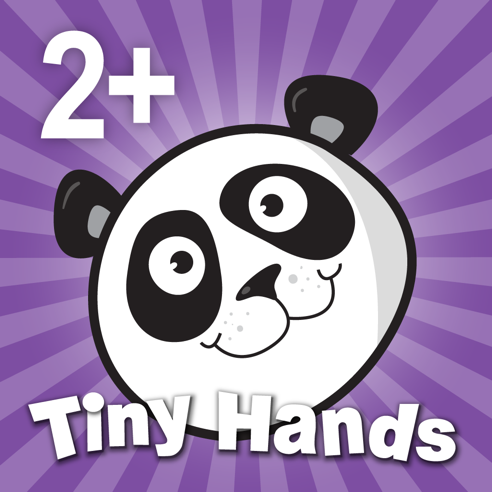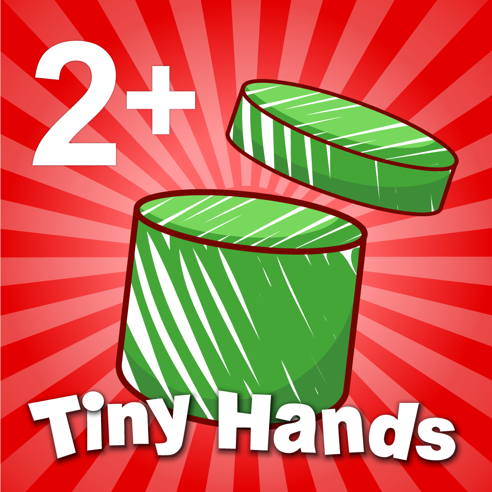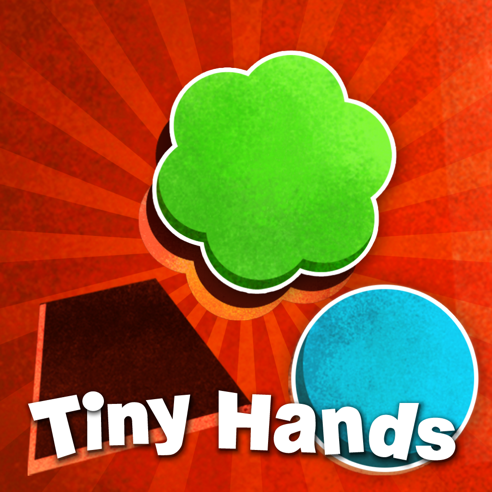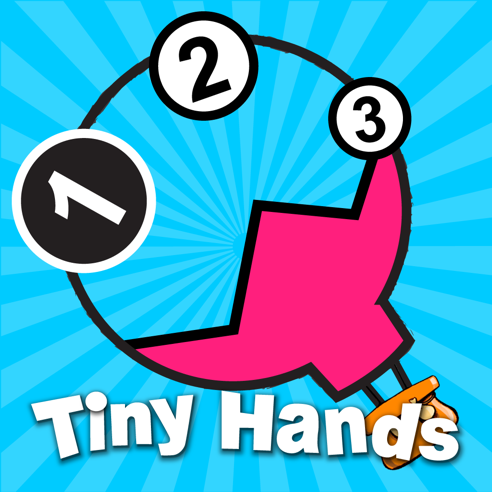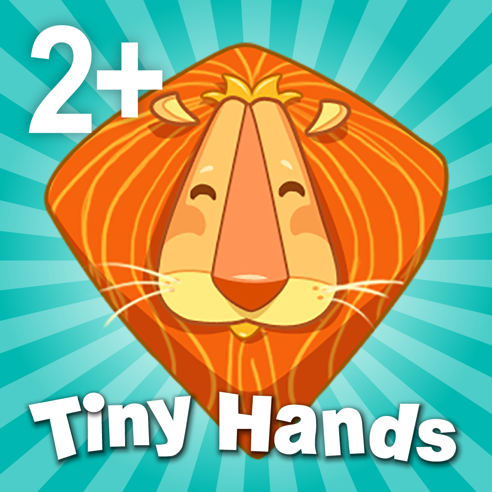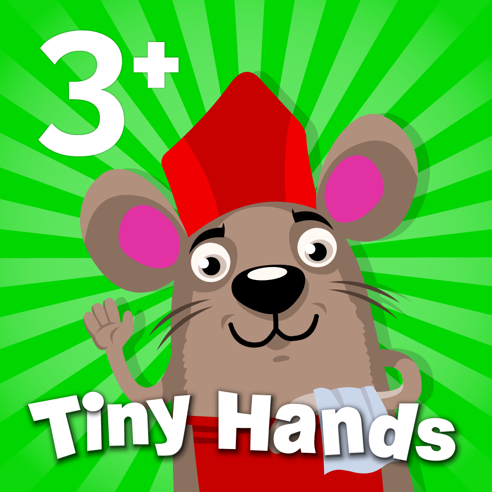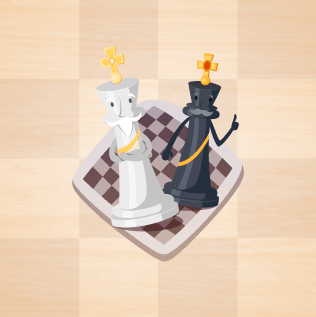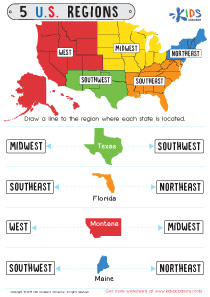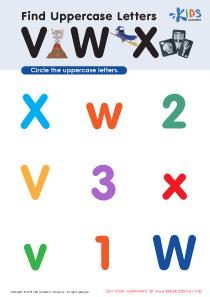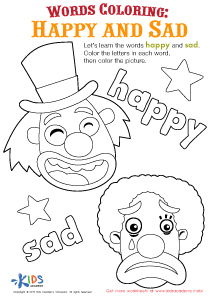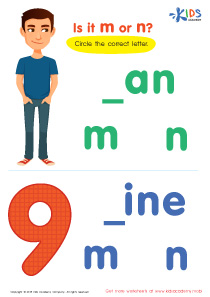Chess Games & Puzzles for Kids Games for Ages 3-5
1 results
Introducing Our Enchanting Chess Games for Ages 3-5!
Embark on a magical journey into the world of chess with our specially designed games for children ages 3 to 5. With interactive features that captivate young minds, our chess games are perfect for introducing the basics of this classic game in a fun, engaging way. From colorful pieces to easy-to-understand rules, we've tailored every aspect to suit little learners. Soon, we'll be launching an online platform where these adventures can continue, offering an innovative way to play and learn. Spark your child's love for chess and watch them develop critical thinking and strategic planning skills early on!
In today's fast-paced world, finding engaging and educational activities for young children is more important than ever. One timeless game stands out not only for its ability to captivate minds but also for its educational benefits: chess. Specifically tailored for young learners, Chess for Ages 3-5 brings this ancient game to life for preschoolers in an exciting and approachable manner.
Understanding that children in this age group are at a critical stage of cognitive development, Chess for Ages 3-5 has been meticulously designed to cater to their learning capabilities. This innovative approach to chess introduces children to the game's basics through interactive gameplay and engaging storytelling, making it an unparalleled educational tool for early learning.
Interactive chess games for children in the age bracket of 3 to 5 years are more than just digital pastimes; they are gateways to developing critical thinking skills from a very young age. By engaging in these interactive games, children learn to recognize patterns, understand the concept of cause and effect, and develop foresight by thinking a few steps ahead. This early introduction to strategic thinking is invaluable and provides a foundation that benefits children in various aspects of their lives, from problem-solving to decision-making.
Moreover, the simplicity and intuitiveness of the Chess for Ages 3-5 platform ensure that children can navigate the games with ease. The interactive nature of these games is not just about clicking or tapping on a screen; it involves making decisions, understanding consequences, and learning from them. This active learning process is further enhanced by the planned introduction of web-based play, which will soon allow children to enjoy these chess games on a broader range of devices, making it more accessible than ever.
Chess for Ages 3-5 doesn't stop at merely teaching children how to play chess; it instills in them a love for the game. Through captivating animations, characters, and scenarios tailored for young minds, these games turn learning into an adventure. This approach not only keeps children engaged but also fosters a positive attitude towards learning and problem-solving.
The social benefits of chess should not be overlooked. Even at a young age, children learn the value of sportsmanship, patience, and turn-taking. These are essential social skills that contribute to a child's ability to interact effectively with peers. As the platform expands to web-based play, it will also offer opportunities for children to play against peers from around the world, further enhancing their social and cultural understanding.
In conclusion, Chess for Ages 3-5 is not just another set of games for young children; it is a powerful educational tool that combines fun, learning, and development in a unique and accessible way. Whether through interactive games available now or the soon-to-be-launched web-based play, this platform offers an invaluable resource for parents and educators seeking to enrich the cognitive and social skills of their young learners. As children navigate the world of chess, they are not just moving pieces on a board; they are embarking on a journey of discovery, learning, and growth that will serve them well throughout their lives.
